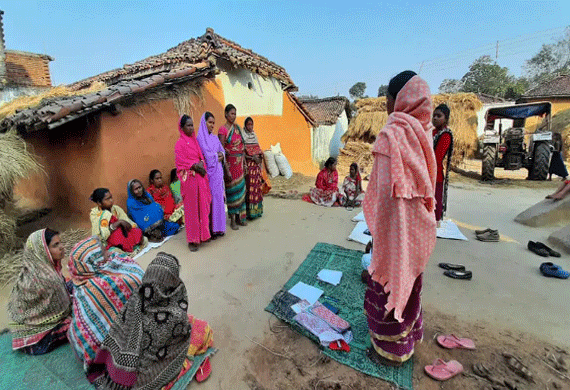
Odisha to Adopt new Menstrual HygienePolicy
By: WE Team | Monday, 26 December 2022
The state of Odisha is all set to put in place a new and improved policy for the management of menstrual health and hygiene (MHH). The new policy will aim that by 2030, all adolescent girls and women in the reproductive age group practice proper menstrual hygiene and are provided with access to affordable sanitary products by the state.
This is a first of its kind policy which has been prepared by Indian Institute of Public Health (IIPH), Bhubaneswar in collaboration with Unicef and the state government. The new policy aims to remove all stigma and discrimination associated with menstruation. It will also empower women and girls to maintain their personal dignity while maintaining health, education and employment.
The draft policy also aims to improve women and girl’s menstrual health status so that they can become contributors to the state’s development. According to the new policy, MHH guidelines will be integrated into activities of all sectors.
The policy also mandates that the state will build and provide to women & girls a ‘feasible and context-specific guideline for packaging, distribution, usage and disposal of menstrual hygiene products’. These guidelines will also align with environment friendly policies.
The policy suggests the introduction of MHH education at primary school level. This will reduce barriers of access for women with special needs, tribal communities and during emergencies. All schools, educational institutions and workplaces will be mandated to have operational toilets, changing rooms, 24/7 water supply and soaps/detergents for hand-washing.
The MHH policy was framed on the basis of the findings of a study by IIPH and Unicef in three districts - Bhadrak, Balangir and Koraput. The study concluded that about three-fourth of the participants knew that menstruation is a physiological process while 14.4 percent were completely unaware of it.
Additional Professor of IIPH Bhuputra Panda said “This signifies the provision of free sanitary pad distribution cannot be a complete solution to maintain MHH. The policy will help mainstream menstrual health within the field of health and development. The main goal is to equip the women and girls to make informed choices, end the taboo and foster a conducive environment that allows them to manage their periods with dignity,” he added.






